The L3Harris Protected Global Positioning System-Mini (PGPS-M) offers ruggedized Military Code (M-Code) GPS capability in a miniature form factor, ideal for missile, hypersonic and small-lift launch applications, as well as air-breathing platforms where performance is critical and minimum size, weight and power are essential.
The PGPS-M uses an embedded GPS receiver specialized for high-dynamic applications satisfying the Department of Defense’s mandate to transition to M-Code GPS in support of the National Security Space Launch program’s “Assured Access to Space” initiative. The PGPS-M supports multiple use cases including 10 Hz RCC-324 range tracking, navigation aiding or as an external GPS sensor compatible with autonomous flight safety systems.
KEY FEATURES
Yes, we retrofit legacy systems (e.g., GE Frame 5, Siemens V94.2) with modern digital controllers, typically completing hardware integration within 4-8 weeks. Software migration requires additional validation time.
We recommend annual performance testing under ISO 3977-2 standards. Critical applications (e.g., offshore platforms) may require semi-annual tests with emissions compliance checks.
All rad-hard devices (e.g., FPGA, ADC) are QML Class V certified under MIL-PRF-38535 and tested to MIL-STD-883 Method 1019 for SEU tolerance. Full qualification reports are available upon request.
Our ASICs and power management ICs operate across -55°C to +175°C ambient temperatures, with derating curves provided in military temperature range (MTR) datasheets.
Our PMA parts (e.g., actuators, sensors) hold FAA/EASA Form 1 certification and match OEM form/fit/function. Installation requires SB/MB documentation per FAA AC 23.1529.
All NAS/MS fasteners include full DNA traceability: melt source (AMS 2301), heat/lot numbers, and AS9100-compliant MTRs with ultrasonic test reports.
AOG orders ship within 4 hours for stocked items (FAA-PMA, EASA Part 21G). Non-stock critical parts trigger priority manufacturing with 72-hour max turnaround.
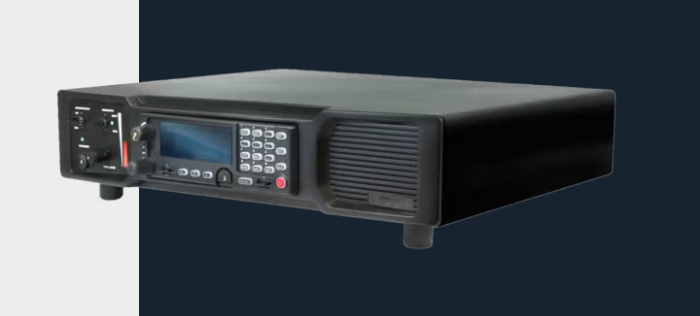
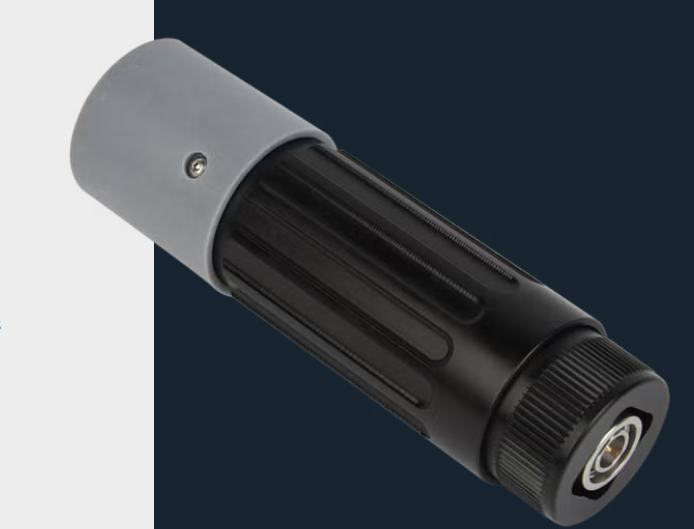
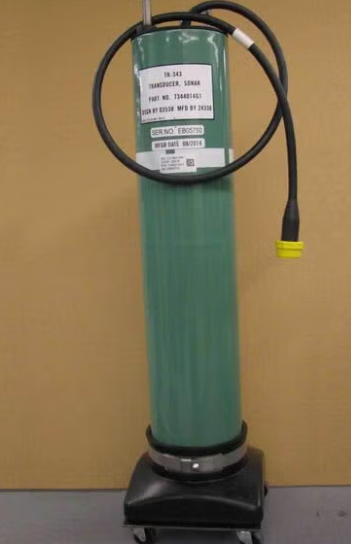

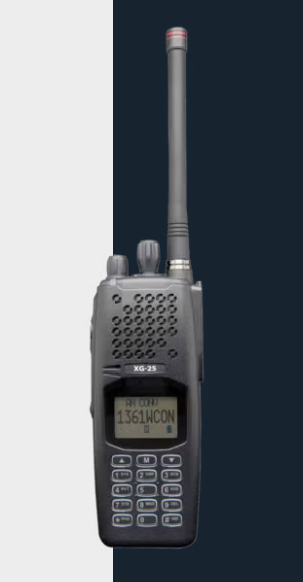
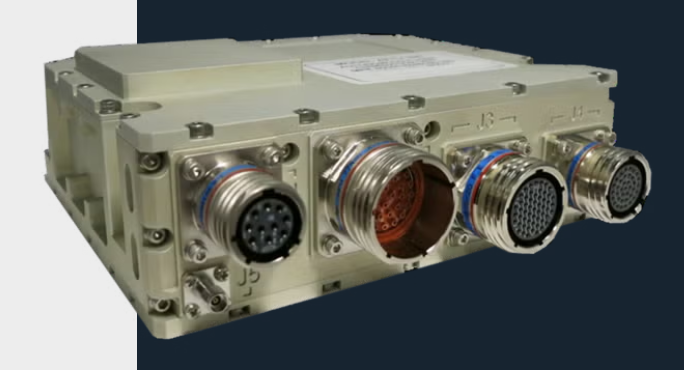
 Gas Turbine
Gas Turbine
 Aircraft parts
Aircraft parts